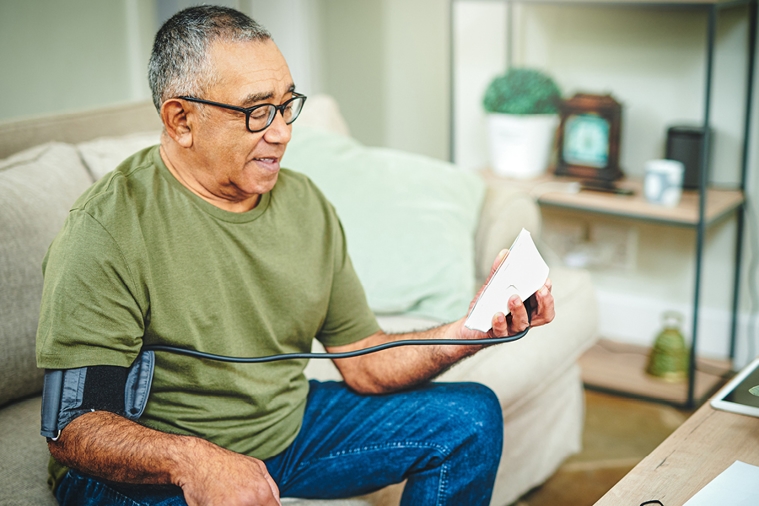5 lesser-known heart attack symptoms
Feb 16, 2021

We’ve all seen heart attacks portrayed in movies and TV shows. Someone — usually an older man — gasps, grabs his chest and collapses.
While some heart attacks do present that way you may miss or ignore many other symptoms when experiencing a heart attack. Take a few minutes to learn some of the more subtle signs of a heart attack.
How to spot subtle heart attack signs
First, don’t assume only older people and men get heart attacks. Depending on your genetics and other risk factors, you can have a heart attack at any age. Though men and women may experience heart attack symptoms differently, they both are at risk.
Next, learn to recognize the less obvious — but still common — signs of heart attack.
Chest discomfort: Chest symptoms may not come with overwhelming pain. Some heart attack victims report feeling like they have a strained muscle or a feeling like their chests are being squeezed or pressured.
Sweating: If you start pumping out sweat and you don’t have a fever, you should be thinking about your heart. Some people describe this as a cold sweat.
Indigestion: Heart attacks can feel like heartburn or an upset stomach, with or without vomiting. Keep in mind tummy troubles don’t usually cause you to perspire, so pay attention if you’re sweating profusely while experiencing stomach issues.
Jaw, upper back or shoulder pain: You may feel pain or discomfort less in your chest and more in your upper back, shoulder or even your jaw. Sometimes this comes with a tingly feeling running down your arm.
Shortness of breath: Exercise and high altitudes can leave you feeling winded, and that’s normal. But if you find yourself unable to catch your breath for no reason, it could be because your heart isn’t pumping well.
Most importantly, pay attention to what is normal for your body. That way, you’ll be able to quickly recognize signs that something isn’t right.
What to do about heart attack signs
Though it may see faster to drive yourself or have someone drive you to the emergency room, call 911 instead. As soon as the ambulance arrives, your care begins. EMTs have medication and equipment in the ambulance to assist you. They’ll also be in contact with the hospital while you’re on the way so your ER treatment can begin more quickly.
Your heart deserves a team looking out for it. If you have long-term concerns about the condition of your heart or your risks for heart disease, Northwest Regional Heart & Vascular ’s cardiologists are taking new patients in Portland and McMinnville. Together, you can review your risks, check your symptoms, and make a plan to help your heart stay healthy and happy.


